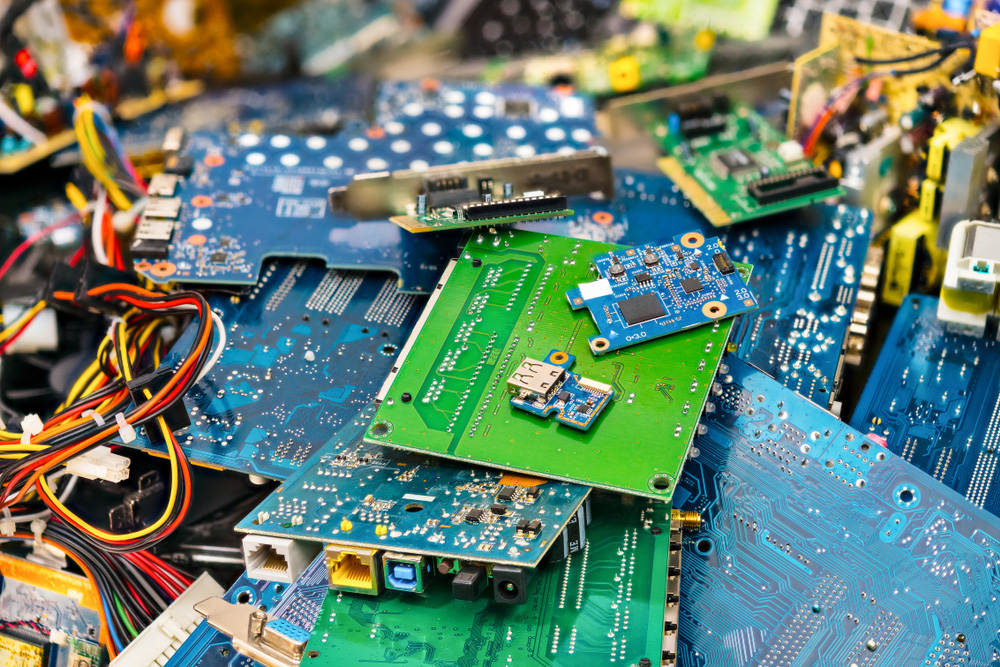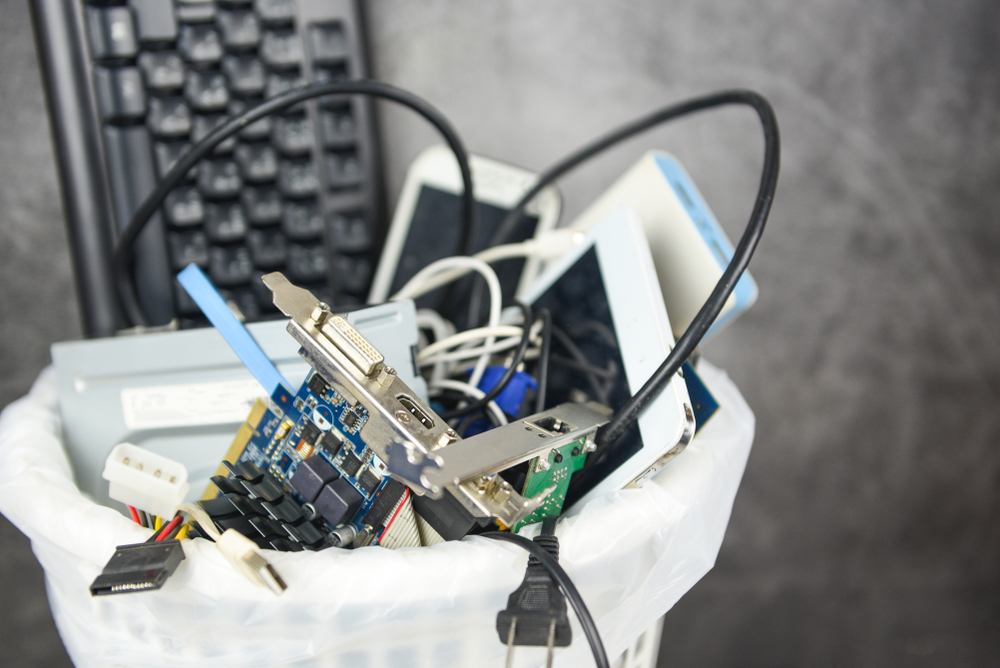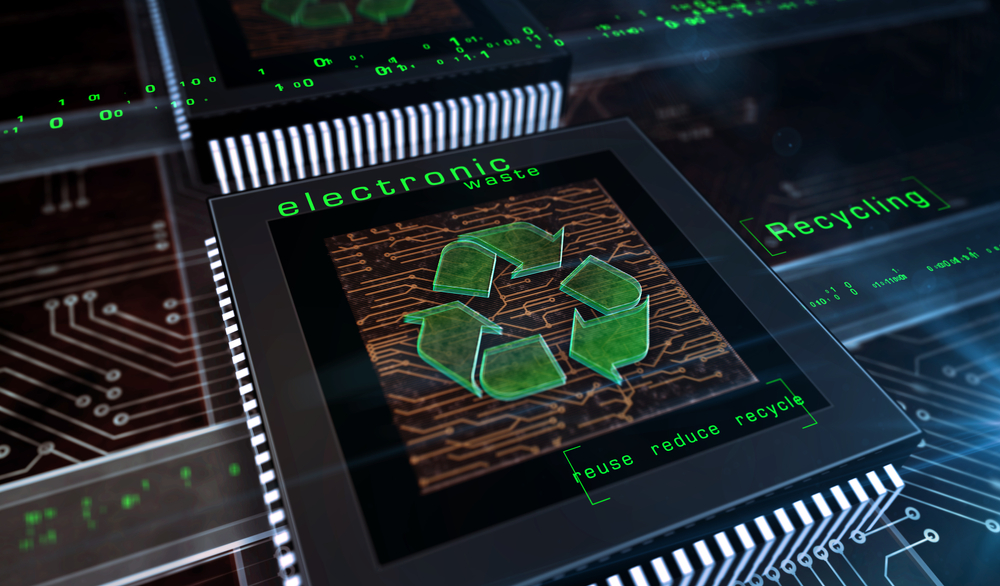How to dispose of e-waste and why it matters
Business Services, Guide, Information Services, Sponsored Content, Technology
Business Services, Guide, Information Services, Sponsored Content, Technology
This article was contributed by First Focus.
End-of-life electronics – known as “e-waste” – are fast becoming one of the biggest threats to our environment. According to the Global E-Waste Monitor 2020, e-waste increased by 21 per cent in the five years to 2019 due in part to higher demand, shorter product lifecycles, and limited repair options. And Clean Up Australia says that e-waste is “the fastest-growing component of the municipal solid waste stream.”
Consumers and organisations must manage their e-waste responsibly because it will persist for centuries or decades in landfills. Once discarded in landfills, e-waste may contribute as much as 70% of the toxic chemicals – including lead, cadmium, and mercury – found in US rubbish dumps.
As a country, Australia generated 76 million tonnes of waste in the 2018-19 financial year. While the messaging to “reduce-reuse-recycle” is becoming louder than ever, the option to recycle e-waste is not widely acted on.
What’s more, 98% of the components in your computer or television can be fully recycled, including:
So, what can you do?

We’ve recently seen a rise in eco-consciousness in our industry as more of our clients want to reduce their environmental footprint and make conscious decisions about where they spend their money.
Our answer – responsible e-waste management. First Focus offers this service in partnership with certified e-waste disposal partners. But if you don’t have an e-waste management service available, it’s essential to know how to choose one that meets your standards.
First, make sure that your chosen disposal option adheres to the EV-019 (E-Waste) standards laid out in the “Collection, storage, transport and treatment of end-of-life electrical and electronic equipment” (AS/NZS 5377-2013) standards catalogue.
Second, ensure that your chosen disposal service is certified by an independent external provider. One such standard is the Environmental Management Systems (ISO 14001) issued by the International Organization for Standardization.
Third, ensure that your organisation’s chosen provider securely disposes of e-waste. This choice reduces the risk of having sensitive information falling into the wrong hands and potentially putting your business at risk of breaching data security laws such as the Australian Privacy Act and the GDPR. Ensure that your provider is certified by the National Association for Information Destruction (NAID) and the Information Security Management System (ISO 27001).

We live in an increasingly digital world, but what happens when you buy a new computer or smartphone? Where do your old electronics go when you throw them away? They don’t disappear – they go to landfills. This disposal method can create significant environmental problems and leave behind hazardous materials. Like when you purchase groceries or clothing, you need to take responsibility for what you buy and what happens to it once you have finished using it. If you want to reduce waste and protect our planet’s future, there are some steps you can take:
Educate yourself – many businesses and municipal councils have dedicated e-waste services available. Contact your local council to find out what options you have available in your area.
Shop smart – manufacturers often include information on how to dispose of their products when they reach the end of their useful life. Try to support manufacturers that make products that are easily recycled.
Repair when possible – rather than just replacing a damaged piece of electronic equipment, first see if it’s possible to repair it. Many organisations will take damaged goods for free to refurbish, resell, or pass on to people in need.
Demand legislation – if you live in an area that does not support responsible e-waste recycling, make it known that this is an issue you want your local government to address.

Many would agree that it is important to recycle e-waste responsibly. When you’re disposing of old electronic equipment, you’re essentially making sure that it doesn’t end up in landfills or waterways where it could pose a risk to humans and animals alike. You’re also helping reduce the need to mine and refine a range of materials commonly used in electronics – activities known to have a detrimental impact on the environment.
First Focus is Australia’s #1 managed IT service provider. We’re number one because we want to help people use technology to make a difference. And that includes technology solutions that allows us all to care for our environment.
This is an article from a SustainabilityTracker.com Member. The views and opinions we express here don’t necessarily reflect our organisation.